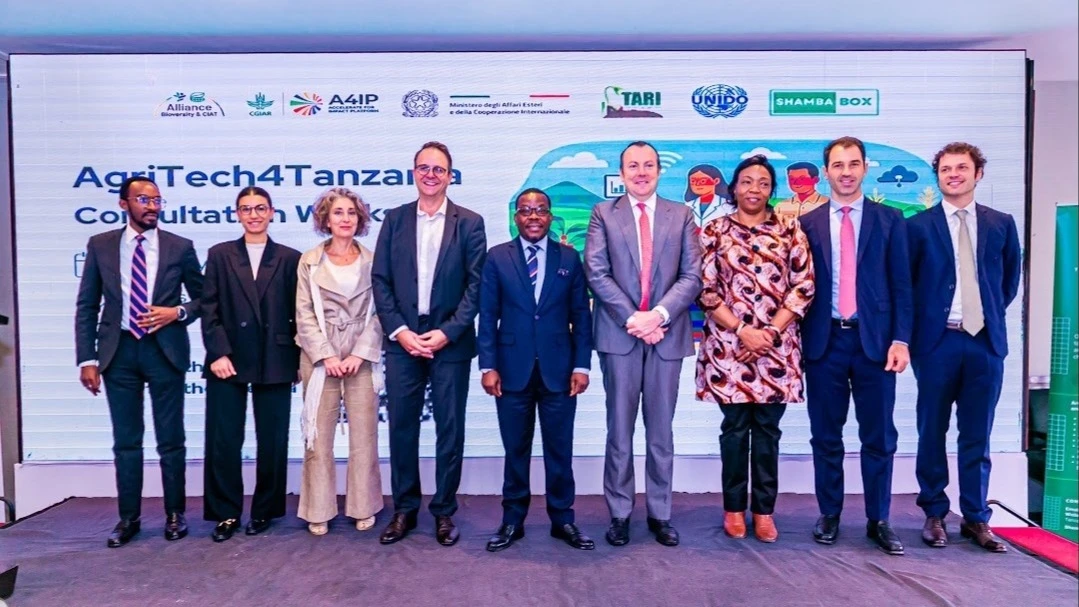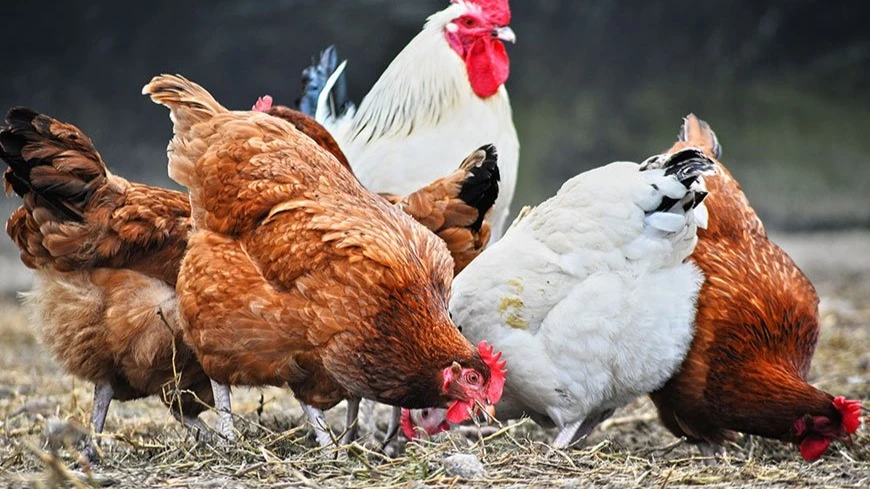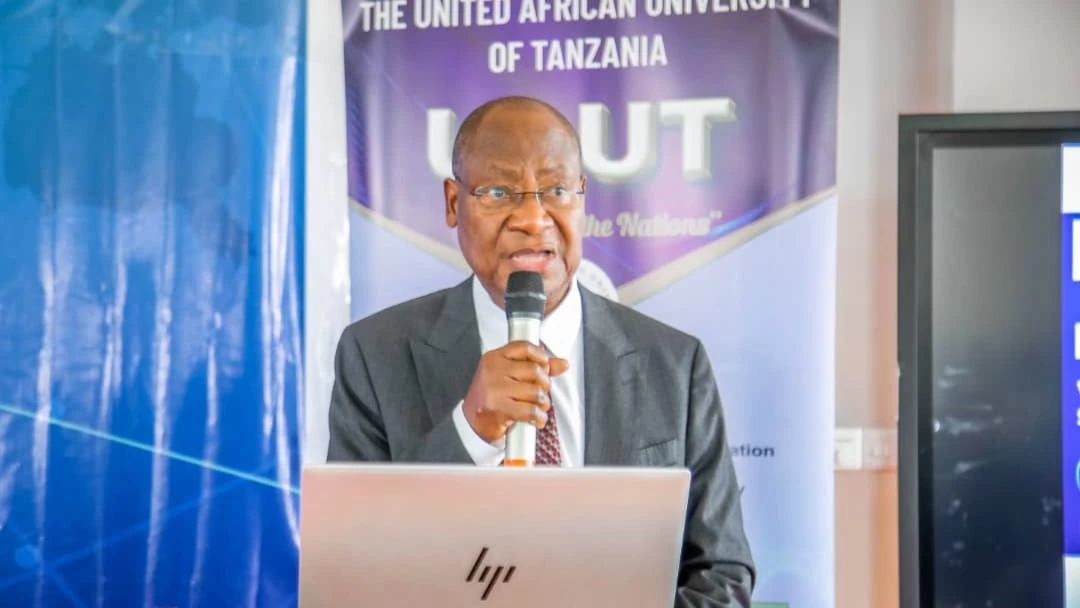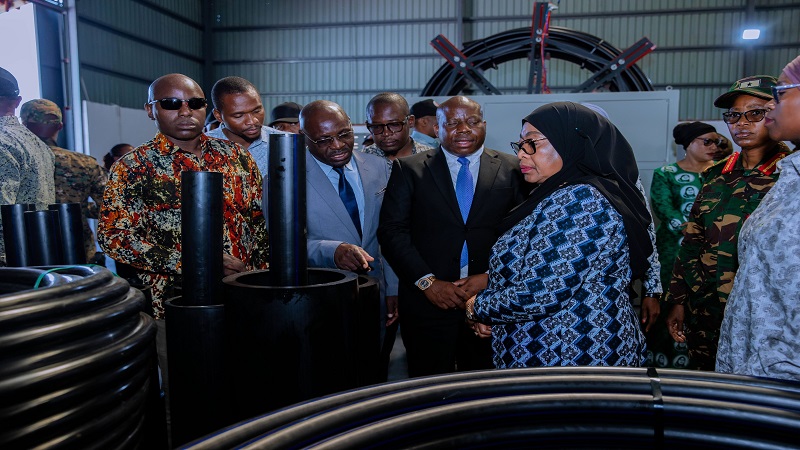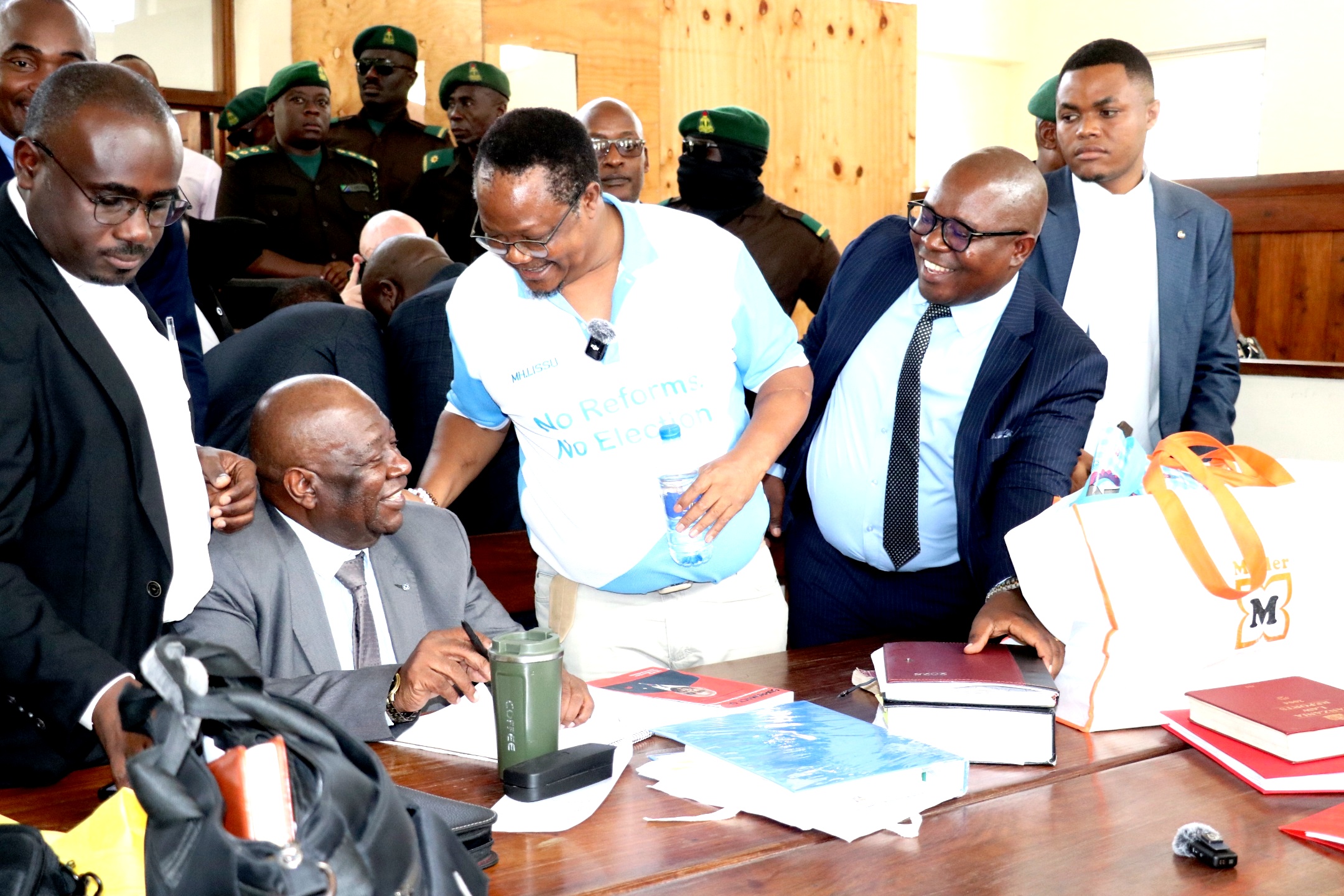Govt appeals for unity to modernise agriculture sector through innovation, youth empowerment
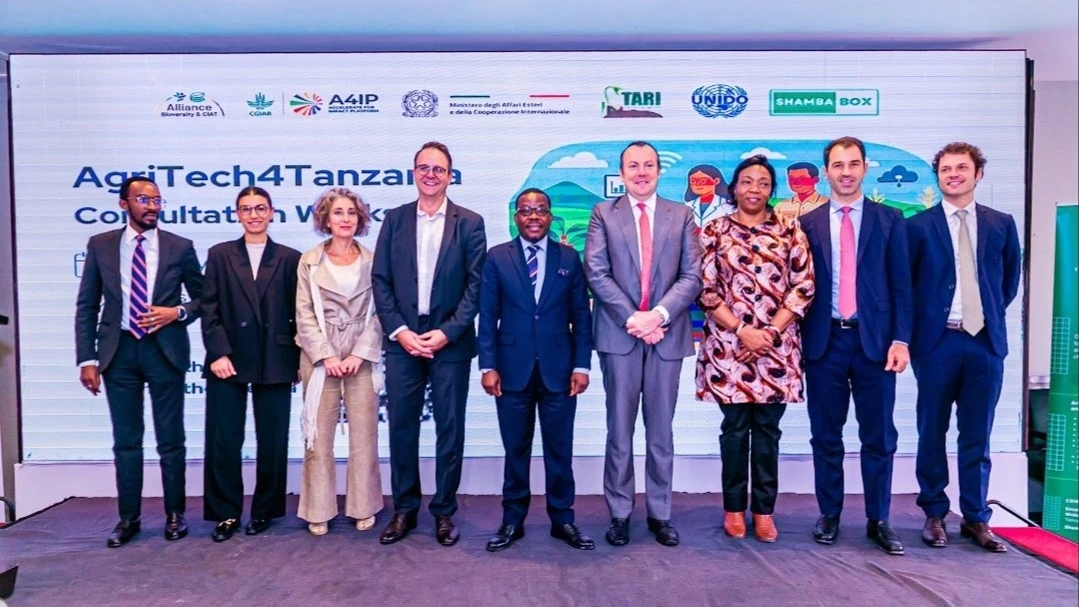
THE government has called for a united front among local institutions, international partners and the private sector to transform Tanzania’s agriculture through innovation, youth empowerment and sustainable practices — a critical step in overhauling the nation’s food systems.
Speaking at the AgriTech4Tanzania Innovation Challenge consultation workshop held in Dar es Salaam yesterday, Dr Stephen Nindi, Deputy Permanent Secretary in the Ministry of Agriculture, said the initiative presents a unique opportunity to modernize agriculture and ensure it benefits youth and women in particular.
“This workshop is not just another meeting — it is a platform where government, researchers, farmers, start-ups, donors and the private sector come together to launch a powerful agenda for the future of agriculture, especially for youth and women,” he said.
He noted that the government is committed to supporting sciencebased, home-grown innovations that empower smallholder farmers and unlock opportunities for income generation, improved nutrition and increased exports across the agritech subsector.
Dr Nindi highlighted major national programmes, including the Agricultural Sector Development Programme II (ASDP II), the Agricultural Master Plan 2050 and the Vision 2030 Agenda. All aim to boost productivity, create employment and build a resilient and inclusive agricultural economy.
Speaking at the same event, the Italian Ambassador to Tanzania, Giuseppe Coppola, reaffirmed Italy’s commitment to supporting Tanzania’s agricultural transformation. He cited partnerships through institutions like UNIDO as well as opportunities for Tanzanian farmers to learn from Italian agricultural practices.
“Italy has a long tradition of sustainable agriculture and we are proud to support Tanzanian initiatives through technical cooperation, market access training and transfer of agricultural technology,” he said.
Dr Sophia Kashenge-Kilenga, Director of Technology Transfer and Partnerships at the Tanzania Agricultural Research Institute (TARI), underscored the urgency of investing in technology-driven agriculture to address challenges such as youth unemployment and climate change.
“Our population is growing rapidly. While we produce surplus food, we still face serious threats. Innovation must be at the core of our solutions,” she said, adding that Tanzania’s average age of 18 underscores the need to create economic opportunities that resonate with young people.
Seth Mkisi, Managing Director of Shamba Box, echoed these views, noting that the AgriTech4Tanzania Innovation Challenge offers a critical platform to develop smart, scalable solutions for farmers.
“These collaborative efforts have the potential to revolutionize food systems, drive technology adoption and increase youth participation in agriculture — laying the groundwork for a more productive and resilient farming future,” he said.
Claudia Zaccari, Senior Project Analyst at the Alliance of Bioversity International emphasized the importance of aligning global scientific research with local knowledge to design inclusive, climate-smart solutions tailored to the needs of Tanzanian smallholder farmers.
The AgriTech4Tanzania Innovation Challenge is scheduled to officially launch later this year, with a focus on five high-impact value chains: coffee, cashew, horticulture, processed beans and maize. The initiative also encourages exploration of other high-potential crops to further diversify and strengthen Tanzania’s agriculture sector
Top Headlines
© 2025 IPPMEDIA.COM. ALL RIGHTS RESERVED










